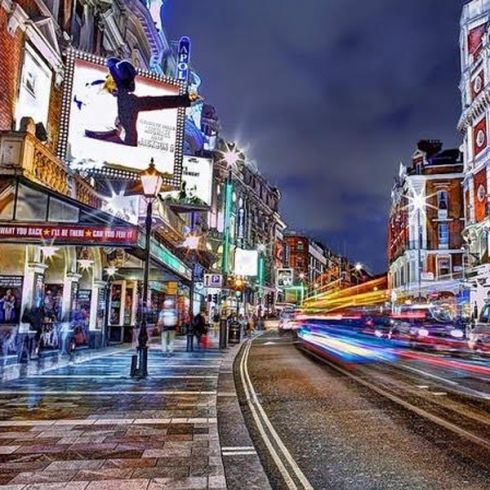
MUMBAI: 'It is with an extraordinary sense of disappointment and frustration that we confirm our intention to commence legal action against the Scottish Government and note our intent to proceed with a judicial review challenging the validity of all legal restrictions currently being imposed upon hospitality and night time economy businesses in Scotland under The Health Protection (Coronavirus) (Restrictions) (Scotland) Regulations 2020.
The hospitality sector in general, and late-night sector in particular, has been driven to the edge of insolvency by the severe restrictions in place since the start of the pandemic. Scottish Government support has been wholly inadequate to compensate for operating losses and a majority of businesses have now incurred unsustainable debt as a result. Even worse all strategic framework funding has now ended while there is no end date for the restrictions that make these businesses commercially unviable. 39,000 jobs are now at risk as a direct result.
The reality is that the current emergency restrictions on opening, capacity, activities, and operating hours make thousands of businesses commercially unviable. Hospitality businesses typically operate on wafer thin profit margins, as little as 5%, while these restrictions can result in businesses suffering such immense declines in income that bankruptcy will be the inevitable result if they continue for much longer. Fixed costs such as rent, insurance, staff furlough costs, etc, have far exceeded the income coming in from revenue and grants, resulting in the typical small business owner in our sector incurring around £150,000 in covid related debt per premises, which represents many years’ worth of normal profits.
Social distancing is toxic for businesses across numerous sectors of the economy, from restaurants, pubs and bars, wedding suppliers, music venues, nightclubs, coach tours, travel, and tourism, and many more. These can result in declines in capacity and therefore income of up to 75% and force businesses to trade at substantial losses even if allowed to open. Additional restrictions on live music, dancing, mandatory seated drinking, table service, and more, further reduce the ability of premises to generate sufficient custom to survive.
We accept that restrictions were initially necessary in the interests of public health, and indeed we not only fully supported previous measures taken, but also actively promoted the Government’s public health messages via social media channels and to our customer base.
However, thanks to the heroic efforts of our NHS workers, vaccine researchers, and scientists, and the immensely successful roll-out of the vaccine, Covid-19 no longer presents the threat to public health that it did even a few short months ago. All those at serious risk of hospitalisation or mortality have now been offered a vaccine, and take-up rates have been well above expectations with almost all of JCVI Groups 1-9 now vaccinated. These groups represent around 99% of preventable mortality from COVID-19 and the results of vaccination are startlingly effective. Evidence presented to SAGE noted that of 42,788 Covid-19 cases admitted to UK hospitals between the start of the vaccination programme on December 8th, and March 5th, just 32 had received a vaccine at least three weeks before.
It is therefore the position of the NTIA that the restrictions imposed on hospitality businesses by Scottish Government with regards to capacity, activities and operating hours are no longer justifiable or proportionate and any continued application of such emergency restrictions would now be in breach of Article 1 of the first Protocol to the European Convention on Human Rights, which applies in the UK by virtue of the Human Rights Act 1998.
The NTIA has retained the services of TLT Solicitors and the Dean of the Faculty of Advocates, Roddy Dunlop QC, to argue our case in Court at the earliest practical opportunity. Legal enquiries should be directed to Stephen McGowan at TLT Solicitors.